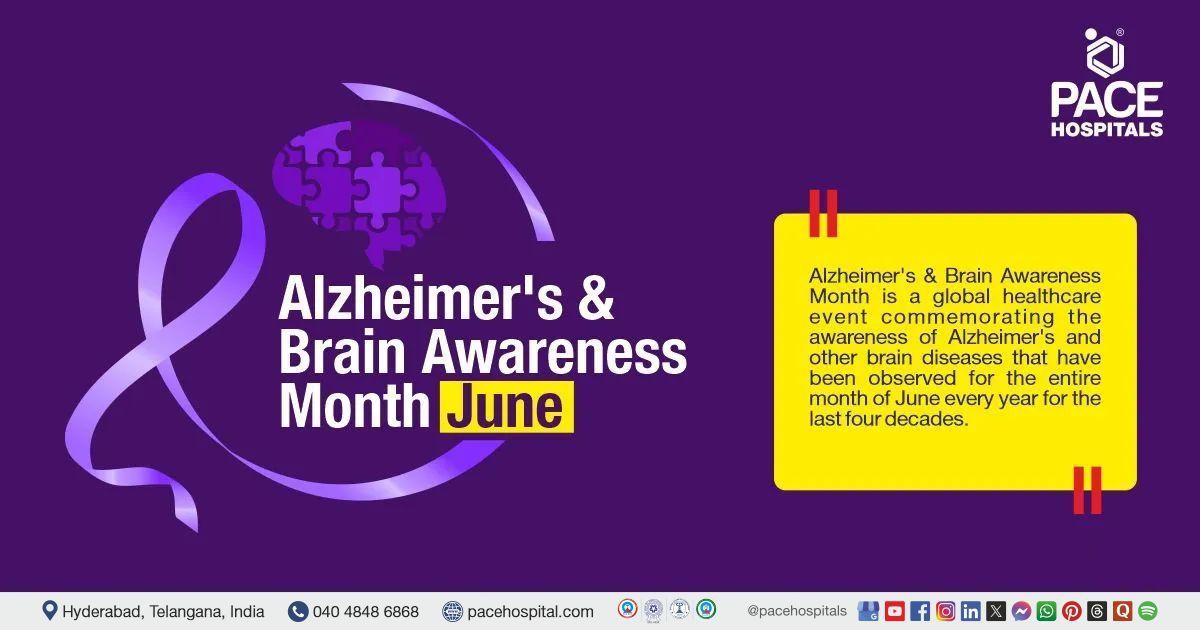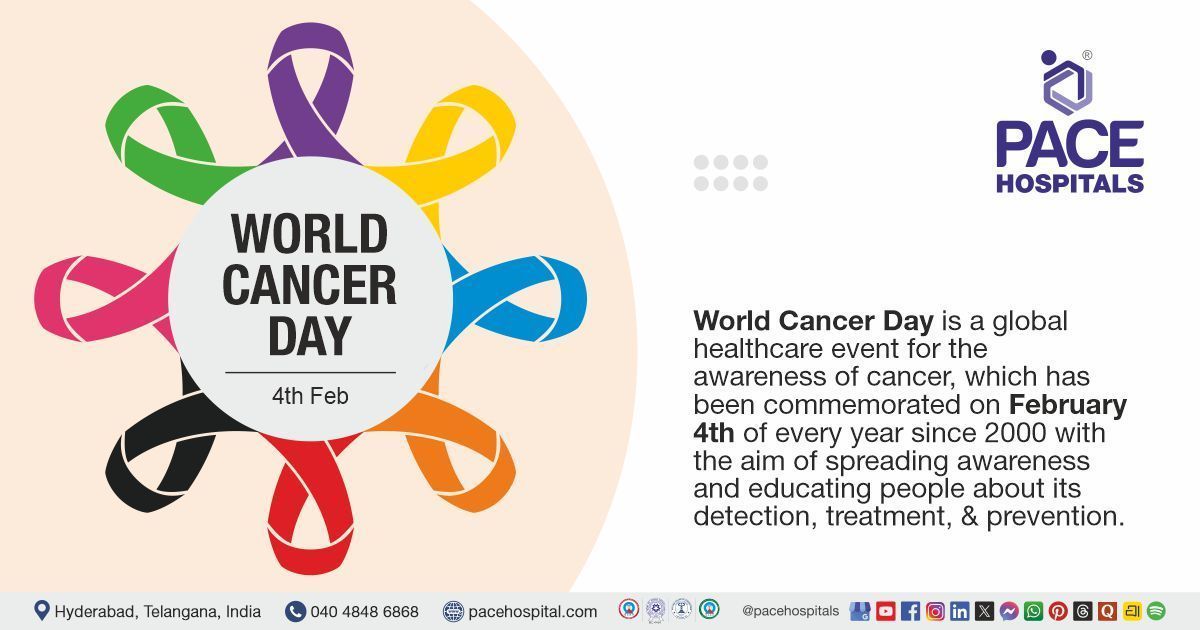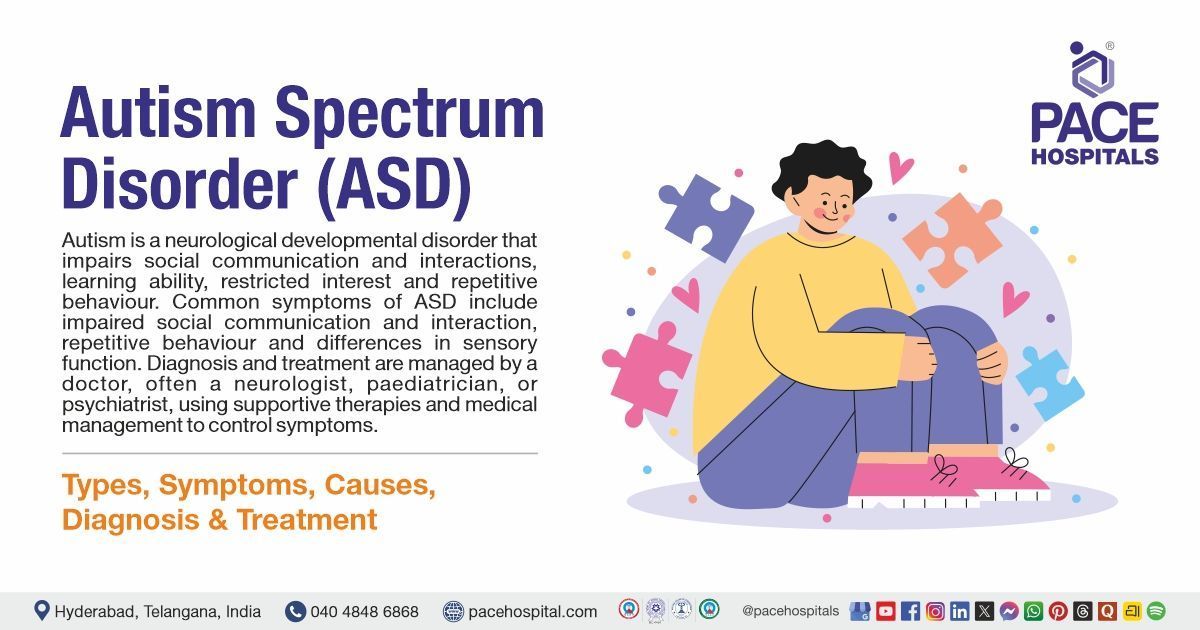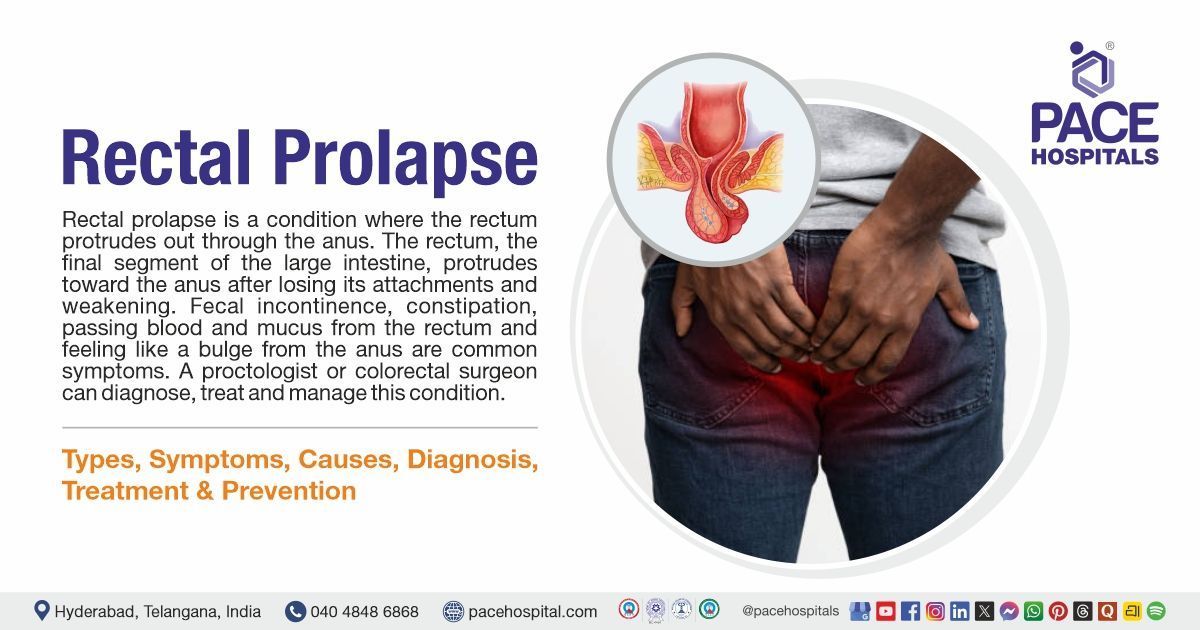Alzheimer’s & Brain Awareness Month – June 2025 | Facts & Importance
Pace Hospitals
Alzheimer's & Brain Awareness Month is a global healthcare event observed for the entire month of June every year for the last four decades, commemorating the awareness of Alzheimer's and other brain diseases. This month highlights the importance of early diagnosis and its impact on the families of people affected. In addition, it also aims to urge the local authorities and private organisations to donate funds that aid in further research and care.
Alzheimer’s is a neurodegenerative disorder that affects people over the age of 65 that impacts cognitive processes such as attention, language, memory, judgement, and reasoning. It is the common type of dementia, contributing two-thirds, making it the most prevalent form of the disease. Alzheimer's disease symptoms vary with disease progression. Mild, preclinical and dementia-stage are the three distinct types of Alzheimer's disease, classified based on the presence of a degree of cognitive impairment. Most patients show the initial symptom of episodic short-term memory loss with a relative sparing of long-term memory.
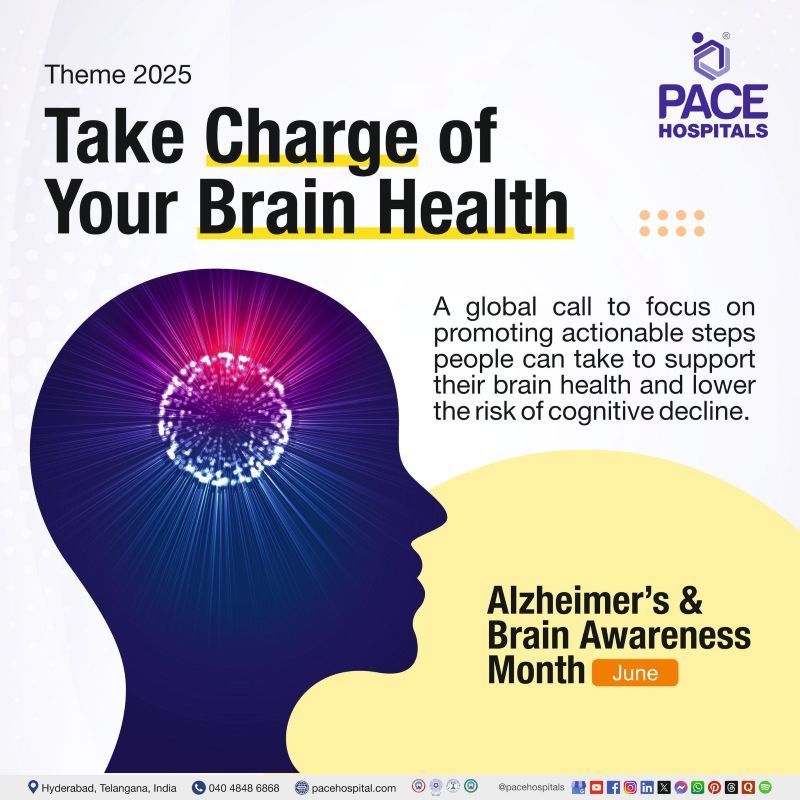
Alzheimer’s & Brain Awareness Month 2025 theme
This year, 2025, Alzheimer’s & Brain Awareness Month theme is “Take Charge of Your Brain Health”. This campaign focuses on promoting actionable steps people can take to support their brain health and lower the risk of cognitive decline.
To encourage people to adopt healthy habits, seek early diagnosis, and help those impacted by Alzheimer's and other dementias, the association is providing information and resources throughout June.
Importance of Alzheimer’s & Brain Awareness Month (ABAM)
Although memory loss is the earliest symptom of Alzheimer's, other issues such as behavioural changes, difficulty in communicating, not being aware of surroundings or recent experiences, and mood changes can emerge as the disease progresses, resulting in self-isolation from friends and family.
Globally, the prevalence of dementia is estimated to increase four-fold from its current global prevalence of 2.4 crores by 2050. After age 65, the incidence of Alzheimer's disease doubles approximately every five years. Incidence rates dramatically increase with age, going from under 1% annually before age 65 to over 6% annually after age 85. Alzheimer's disease is more common among women than men, especially after age 85.
Necessity of Alzheimer’s & Brain Awareness Month
In 2016, neurological conditions were the second-largest cause of fatalities (90 lakhs) and the leading cause of disability-adjusted life years (DALYs) (27.6 crores) globally.
The four leading causes of neurological DALYs are.
- Stroke (42.2%),
- Migraine (16.3%),
- Alzheimer's and other dementias (10.4%),
- Meningitis (7.9%)
These stats necessities awareness regarding diseases such as Alzheimer's and other brain conditions related to their early diagnosis and the importance of moral support to all the affected patients and their family members in addition to strict adherence to prescribed medications.
Difference between ABAM, World Alzheimer's Month and the largely US-based National Alzheimer's Disease Awareness Month
Apart from Alzheimer’s & Brain Awareness Month, two additional events are celebrated during the other months commemorating Alzheimer's Disease. They are World Alzheimer's Month (September) and the largely US-based National Alzheimer's Disease Awareness Month (November).
The difference between Alzheimer's and Brain Awareness Month and the other two commemorative months is the underlying emphasises on all types of dementia that, include Alzheimer's. The other two commemorative months singularly focus on spreading awareness of Alzheimer's disease, ignoring the relative neurodegenerative diseases.
Go Purple for Alzheimer’s & Brain Awareness
This month, people from various organizations wear purple ribbons to support people and their families affected by Alzheimer's disease and other brain diseases. Purple is the colour of the Alzheimer's awareness ribbon, signifying both the combat against the disease and the search for a solution. The awareness programs continue throughout the month regularly, but on the 20th of June, the promotional activities reach their zenith as it’s one of the year's longest days.
During this period, people from private (corporate) and local organizations come together to support those affected by Alzheimer's and other brain diseases and their loved ones by contributing to research and providing care, thereby motivating affected people to learn more about the condition. In addition, this month is designated for having meaningful conversations and reminding the affected people of their unique value as people with dementia, who are known to isolate themselves socially and emotionally.
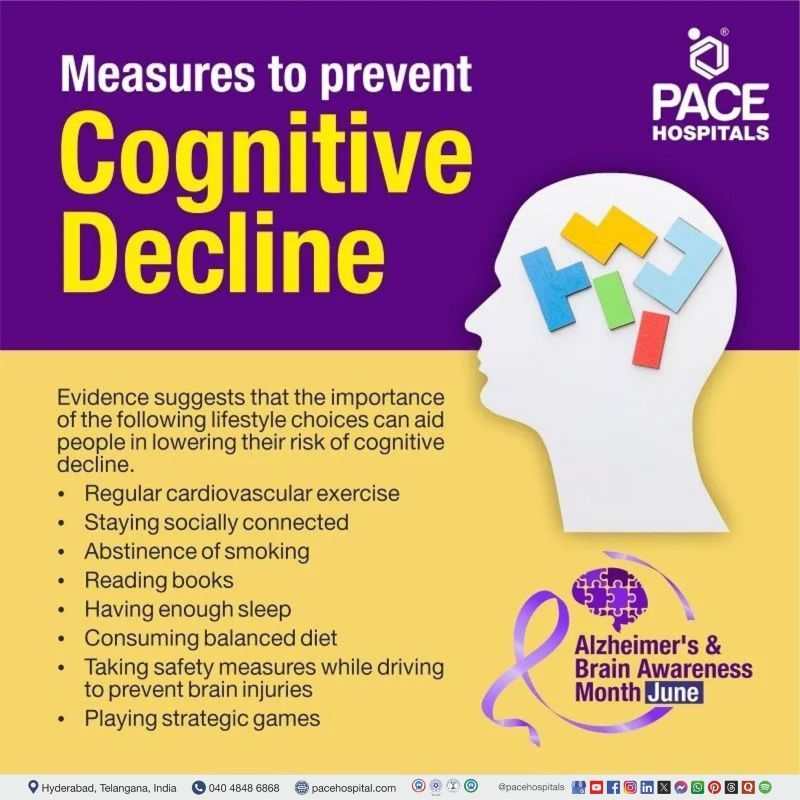
Measures to prevent cognitive decline
Evidence suggests that the importance of the following lifestyle choices can aid people in lowering their risk of cognitive decline:
- Regular cardiovascular exercise
- Staying socially connected
- Abstinence of smoking
- Reading books
- Having enough sleep
- Consuming balanced diet
- Taking safety measures while driving to prevent brain injuries
- Playing strategic games
History of Alzheimer’s & Brain Awareness Month
In 1983, the president of the USA, Ronald Regan, initiated Alzheimer's and Brain Awareness Month to educate the public about Alzheimer's and the care that is needed for those who are suffering from it.
Share on
Request an appointment
Fill in the appointment form or call us instantly to book a confirmed appointment with our super specialist at 04048486868

